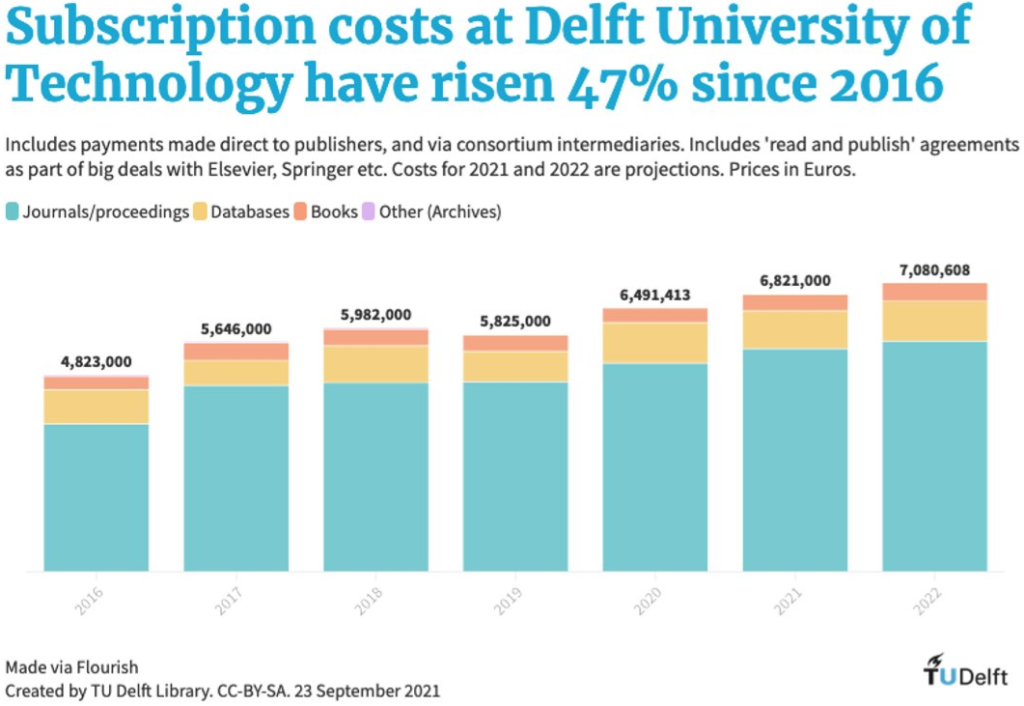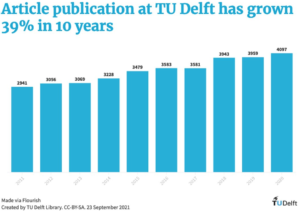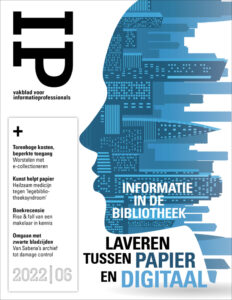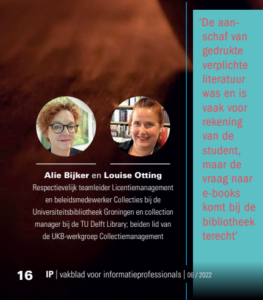The TU Delft Library is constantly negotiating bilateral and national deals with publishers to ensure our researchers don’t have to pay for publishing and to make certain they comply with the requirements from their funders.
Sometimes a fixed number of scientific publications is part of a contract, this means that our researchers can publish Open Access without extra costs until the maximum is reached. You can read more about that here. For example the Dutch Universities have bought 2.080 APC’s for the publisher Springer for this year, this means 173 publications a month. It is possible that our maximum is reached before the year is out, even if we try to prevent that as much as we can. In some cases we can buy extra Article Processing Charges (APC’s) in others this is not possible or not advisable, since we need to think about our negotiating strategy as a university, but often also as a country.
In order to create a sustainable publishing culture and have a stronger position to negotiate from, we work together with the other Dutch Universities. To give the message to the publishers that we do not have unlimited funds, the Library directors together with the VSNU can decide to not buy extra APC’s. It is important that we close ranks on this in order for that to work. A strategy is vital, because the costs for access to sources and for publishing keep rising significantly.

Part of this is explained by the fact that article publication at TU Delft has grown 39% in 10 years and Open Access cost have risen over 300%, but for a large part it is also because of the costs the publishers increase each year.


The CvB has asked us to meet these challenges and create a new collections strategic plan. Part of this is also creating a better communication with the faculties, through the Publication and Collection taskforces and to be more transparent on usage and costs of the collection.
If you as a researcher are effected by an APC cap there are still options to publish Open Access and comply with the requirements of your funder. You can find more information on Open Access publishing or you can always contact us with questions through library@tudelft.nl, we’re happy to help.
If you have ideas, feedback or other comments I’d very much like to hear them. You can leave a comment or e-mail me directly.





